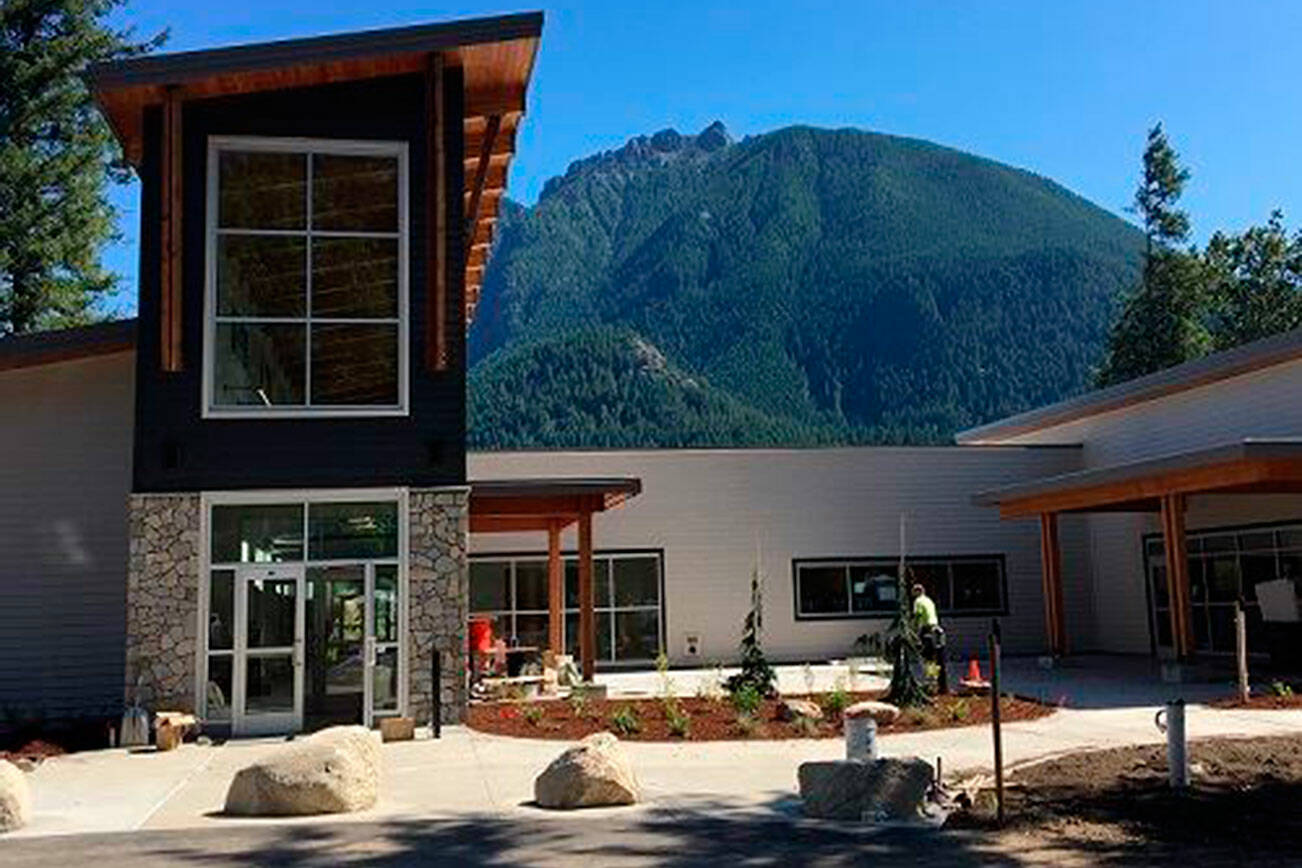The time it takes to approve small development projects in North Bend is expected to decrease under a change adopted by the city council Tuesday, Jan. 17.
Aiming to streamline its development process and lower housing costs, the council unanimously agreed to repeal a section of the city’s municipal code – which they said hadn’t been updated in decades – in favor of a reference to state law.
The small change takes advantage of updates to the State Environmental Policy Act, commonly known as SEPA, which expands the size of developments that can be approved for construction without a SEPA review.
First introduced in the 1970s, SEPA established a review process for government bodies to identify environmental impacts that could result from their decisions, such as issuing permits or adopting land-use plans. Typically, development of more than four housing units would be subject to a SEPA review.
But recent updates have allowed cities to adopt higher exemption thresholds for small projects. The practice has been named by the Puget Sound Regional Council as one of its 49 innovative strategies to promote more housing options and affordability.
As part of Tuesday’s proposal, the city council agreed to raise the number of single and multi-family homes that can be built without a SEPA review from four to 12, matching similar exemptions seen in Snoqualmie.
There is hope additional exemptions will reduce the burden and cost for residential developers, leading to the development of a greater variety of housing types at a lower price.
City staff in North Bend say there are adequate combinations of existing local, state and federal environmental regulations in place to mitigate the impacts of new development without need for SEPA review.
“I really think this is long overdue,” Councilmember Mary Miller said of the change. “It may very well help aid in lowering the cost of homes in the future.”
Allowing exemptions is expected to save applicants an average of one month’s-time in permitting review and $3,200 or more in associated costs, according to estimates from The Master Builders Association of King and Snohomish Counties, which represents the residential building industry.
Ben Taylor, a government relations specialist for the builder association, called the change in North Bend a solid step for the city towards housing attainability that would reduce costs for home builders and lower housing prices.
“The longer that these processes take, the more money it requires for our builders to hold on to land and overall increases the cost of housing,” he told the council. “Removing this duplicative regulatory structure will make throughput move faster in your city, decrease housing costs and decrease time that city staff spend.”


